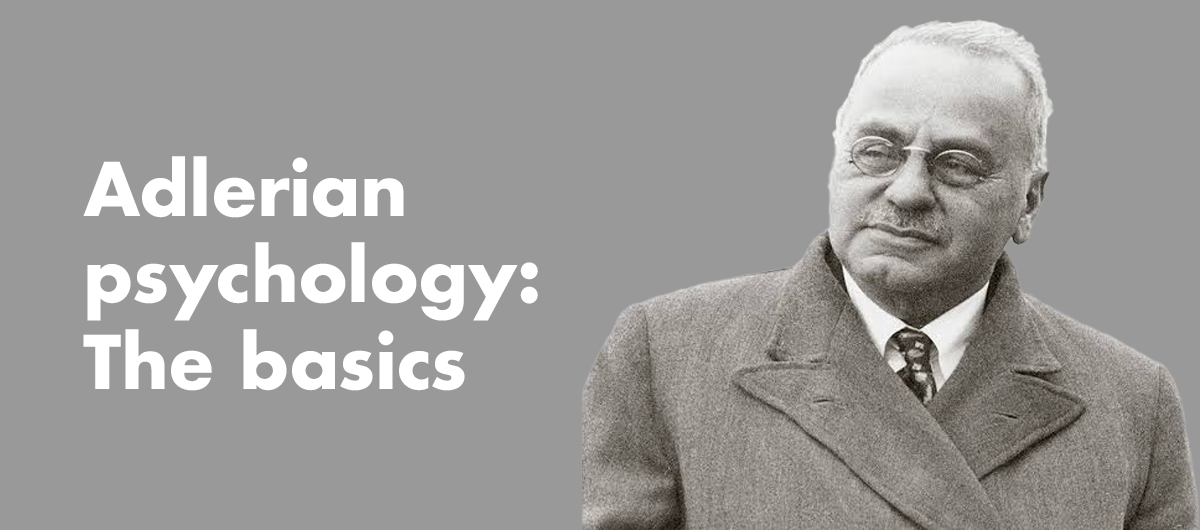Here’s why I’m a fan of the man.
- Social interest (gemeinschaftsgefühl) – Adler emphasised our innate capacity for connection and contribution to community wellbeing
- Holistic approach – Views humans as unified wholes rather than collections of parts or drives
- Teleological perspective – Behaviour is purposive and goal-directed, motivated more by future aims than past experiences
- Fictional finalism – We organise our lives around goals of which we may not be fully aware
- Feelings of inferiority – Normal human experiences that can motivate growth and achievement
- Courage – The willingness to act despite fears and imperfections is essential for growth
- Private logic – Each person develops their own subjective interpretation of life
- Birth order – Position in family influences personality development
- Style of life – A consistent pattern of thinking and behaving established in childhood
- Striving for significance – All humans seek to overcome feelings of inferiority and find meaning
- Equality – Adler promoted social equality and mutual respect in all relationships
- Encouragement – Distinguished from praise, focuses on effort rather than achievement
- Democratic parenting – Non-punitive approaches that develop responsibility and cooperation
- Practical applications – Concepts translate readily into strategies for personal growth
- Optimistic perspective – Emphasises human agency and capacity for positive change
- Contemporary relevance – Addresses modern issues of belonging, meaning and social responsibility
- Evidence-based – Modern research validates many Adlerian concepts and therapeutic approaches.
Why I’m a fan of Adlerian psychology
Alfred Adler’s psychological approach continues to resonate deeply with both practitioners and individuals seeking personal growth. His focus on social interest (gemeinschaftsgefühl), the pursuit of belonging, and the importance of courage has created a framework that remains remarkably relevant in our modern world.
Adlerian psychology views humans through a holistic approach, treating individuals as unified wholes rather than collections of drives or behaviours. This teleological perspective recognises that behaviour is purposive and goal-directed, motivated more by future aims than past experiences. The concept of fictional finalism—that we organise our lives around goals that may not be fully conscious—provides powerful insights into motivation.
What draws many to Adler’s work is its optimistic perspective—believing that we can overcome feelings of inferiority through conscious choice and community connection. These feelings of inferiority aren’t viewed as pathological but as normal experiences that can motivate growth and achievement when addressed with courage—the willingness to act despite fears and imperfections.
Adler’s emphasis on equality promoted social equality and mutual respect in all relationships, while his approach to encouragement (distinguished from praise) focuses on effort rather than achievement. His democratic parenting strategies develop responsibility and cooperation without punitive measures.
The practical applications of Adlerian concepts translate readily into strategies for personal growth, offering profound insights into human motivation and potential. The contemporary relevance of his work addresses modern issues of belonging, meaning and social responsibility—making it a psychology not just of explanation, but of empowerment.
References
Carlson, J., Watts, R. E., & Maniacci, M. (2006). Adlerian therapy: Theory and practice. American Psychological Association.
Dreikurs, R. (1953). Fundamentals of Adlerian psychology. Alfred Adler Institute.
For further exploration: Adler’s Key Concepts

Leave a Reply